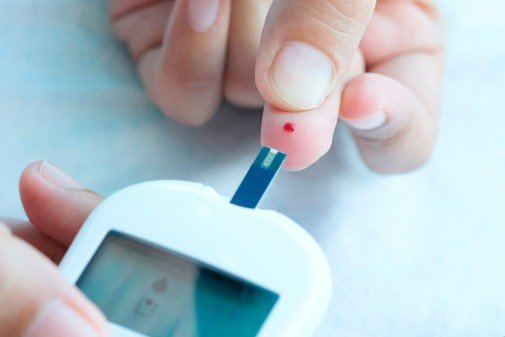Diabetes will cost the UK around £14 billion in 2021/22, with more than £10 billion of this being a direct cost to the NHS, according to new research looking at the direct and indirect costs of diabetes.
 Diabetes complications remain the largest contributor to disease costs.
Diabetes complications remain the largest contributor to disease costs.
Despite new technologies being introduced to tackle diabetes, the researchers say it still accounts for 6% of the UK’s health budget.
The study, which looked at the direct and indirect costs of type 1, type 2 and gestational diabetes, showed that just over 40% of costs were related to diagnosis and treatment, with the remaining just over £6 billion associated with the excess costs of largely preventable complications.
The researchers warn that continued investment is needed to mitigate future costs, especially as cases of type 2 diabetes continue to rise among younger people.
Complications of diabetes
Researchers from the York Health Economics Consortium conducted a similar analysis in 2012, and although this latest report cannot be directly compared to the previous study because it used different data sources, it does show that the proportion of costs associated with diabetes complications has decreased over time.
However, despite this reduction, diabetes complications such as stroke, amputation and angina still account for the largest proportion of disease costs. Indirect costs – lost productivity through absenteeism from work and death – are estimated at £3.3 billion per year.
Nick Hex, associate director for NHS and public sector at the York Health Economics Consortium at the University of York, said: “Diabetes is a debilitating disease that affects people on a daily basis at many different levels. It remains a significant cost burden for the NHS, with the majority of these costs still being spent on preventable complications.”
“Increased investment in new technologies to help people manage their condition is contributing to some of the high ongoing costs, but the rise in type 2 diabetes in people under 40 is of particular concern and requires a continued focus on prevention strategies.”
Data Gaps
The survey also identified gaps in diabetes data collection that need to be addressed to continue to improve the quality of care for people with diabetes.
Nick Hex said: “Having access to data that looks at resources spent on treating the disease by gender, ethnicity and location is crucial to better understand the drivers behind clinical decisions and where financial investment is most needed.”
“It is also important that health authorities continue to invest in diabetes prevention, care and treatment to reduce future costs.”
Early care
It is estimated that there are over 5.6 million people with diabetes in the UK. With the right treatment and support, it is possible to live well with diabetes. But without it, Serious complications can occur, and every week diabetes 2,990 Heart failure, over 930 strokes, over 660 heart attacks, 184 amputations.
The research is supported by Diabetes UK, which says the findings not only highlight the seriousness of diabetes, but also show that a focus on early care and support could help reduce people developing complications and offer a huge opportunity to change lives.
Reduce harm
Colette Marshall, chief executive of Diabetes UK, said: “This new research highlights the grim reality that billions of pounds are being spent on treating devastating diabetes complications which cause untold suffering for thousands of people but are almost always preventable with the right treatment.”
“Shifting from Crisis to Preventive Medicine This will reduce the harms caused by diabetes and enable people with diabetes to live healthier lives, while ultimately reducing costs to the health service.”
See other news
/Public Release. This material from the originating organization/author may be out of date and has been edited for clarity, style and length. Mirage.News does not take any organizational stance or position and all views, positions and conclusions expressed here are solely those of the authors. Read the full article here.


